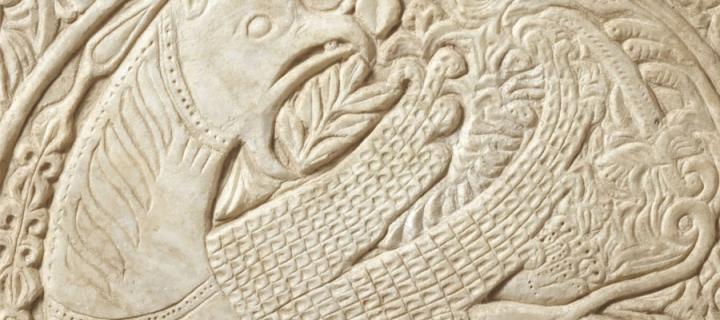First International Conference - Comparative Approaches to the Chinese and Byzantine Imperial Systems
This conference is designed to make the two disciplines talk to each other as much as possible, and to foster further cooperation. It aims at placing classicising education and the role of literati in their wider cultural contexts, inviting papers also on aspects that do not represent the project’s primary focus, such as administrative structures and processes, court culture and ceremonial (beyond performances of classicising learning), and interaction between the imperial centre and imperial peripheries, especially, steppe polities. As the focus will be kept strictly on Byzantium and China (and their respective peripheries), the format allows for more depth than in present ‘global’ or ‘axial’ projects.
Topics for discussion/comparison
- Classicising learning: Empire and the institutions and practices of classicising education – what was the function of classicising learning in the two imperial systems, and how did their respective systems of education work?
- Literary practices: Literary and writing circles; book and reading culture; literati–patron interaction; different types of patronage.
- Literati identity: The formation and shared basis of literati identity; literati self-definition, individual and collective; literati habitus; literati networks
- Imperial bureaucracies: Bureaucracy and the functioning of empire; training and recruitment of bureaucracy; social mobility; social and political networks; the respective importance of different branches of the bureaucracy (fiscal, judicial, etc.).
- New urban elites and the economy: The role of elites in imperial systems; the circulation of culture and commodities; literati identity within the new world of commodities and relative value; new forms of economic thinking
- Courts and capitals: Court culture, ceremonials and rituals; the topography of imperial capitals; interaction of court and the people of the capital.
- Military elites and military culture: The role of the military in the respective imperial system; the interaction between military and learned/civilian elites.
- Empire and (steppe) periphery: The empire and its periphery; the interaction of sedentary empire and its (nomadic) neighbours.
You can download the Programme from the PAIXUE site.
Attendance is free but registration is required due to limited space (first come, first serve). To register, please see the link to the wbesite. Please state whether you wish to attend the whole conference or individual days only, and whether you have any dietary requirements. Registration closes 13 May 2019.

First International Conference - Comparative Approaches to the Chinese and Byzantine Imperial Systems
University of Edinburgh, Central Campus, Edinburgh EH8 9AG

